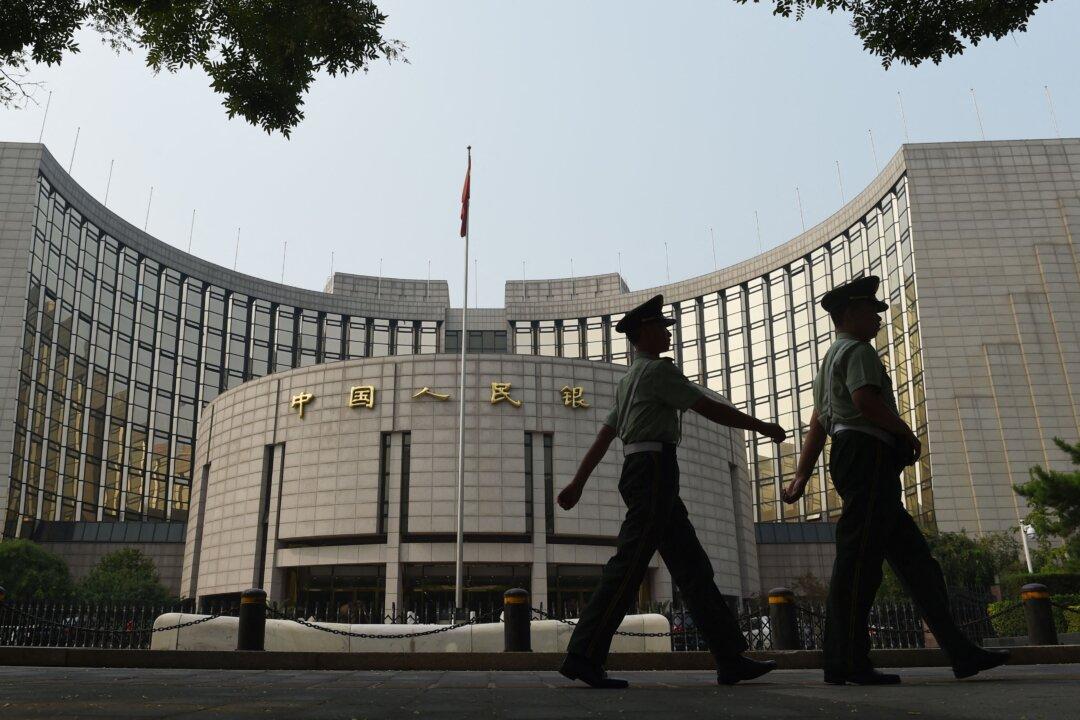China faces a wave of resignations by chiefs and executives of listed companies and banks as Beijing ramps up a crackdown on the nation’s financial industry.
In a little more than a month, more than a thousand senior leaders of China’s A-share listed companies, banks, and financial institutions resigned for personal reasons, according to Chinese state media reports.





